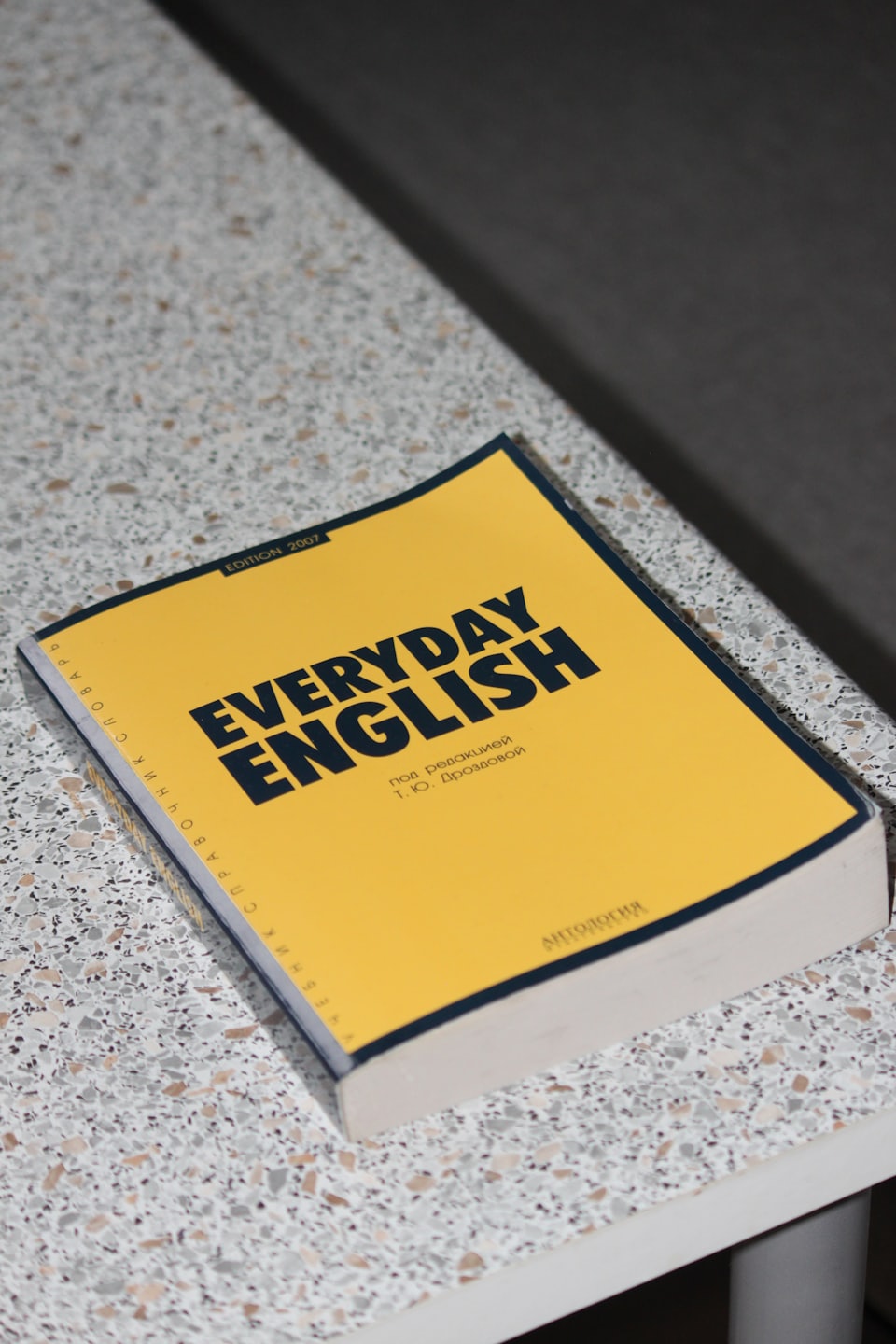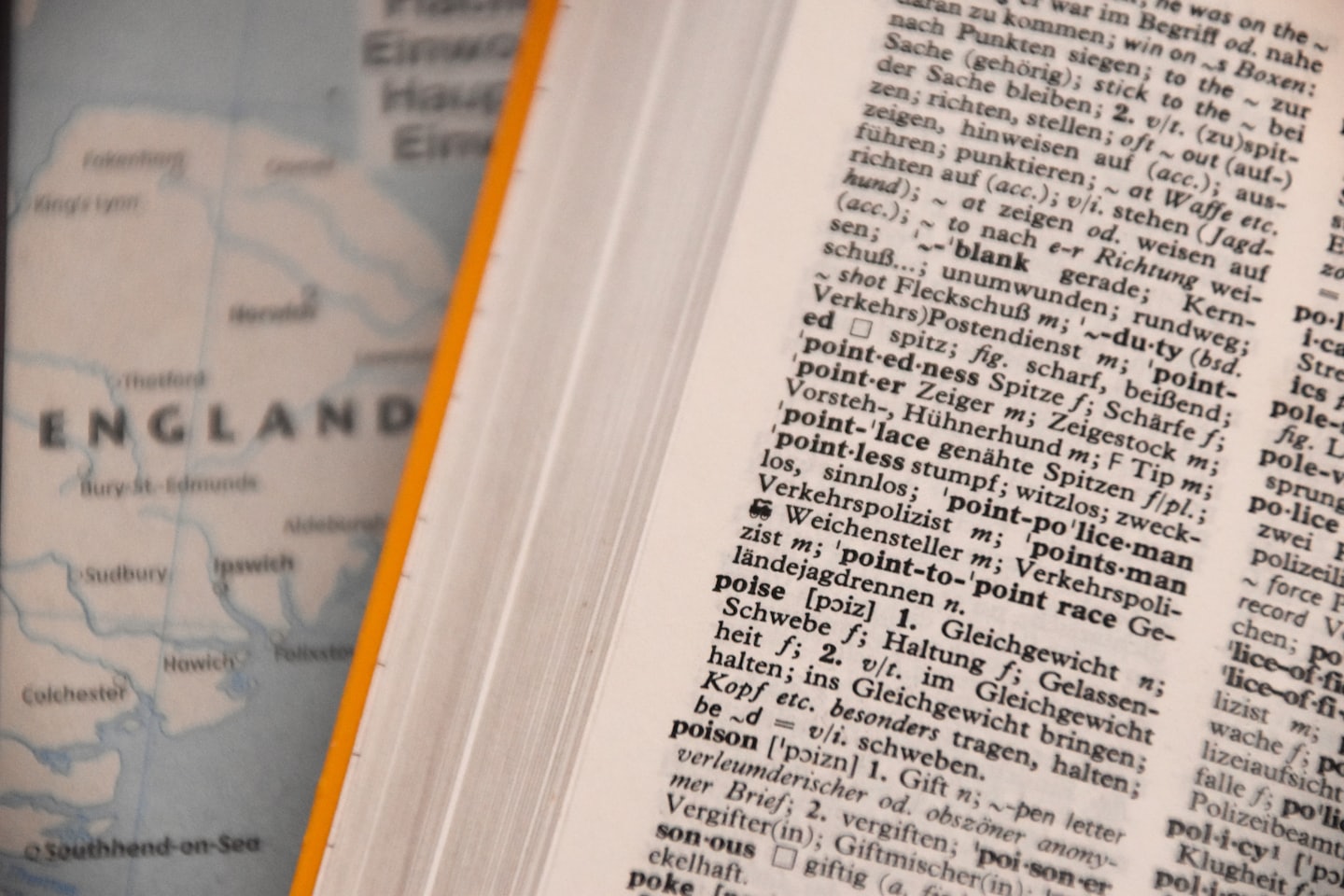If English were a game of “spot the difference,” loose and lose would win the championship. They look almost the same, sound similar, and show up in completely different situations—yet people mix them up all the time. Let’s finally set the record straight so you never have to worry about loosing (oops, I mean losing) your grammar cred again.
Meet the Words
Loose (with two o’s)
Think of that double “oo” as something stretched out and relaxed. Loose means “not tight” or “free.”
- My shoelaces are loose.
- The dog got loose and ran around the yard.
Visual trick: The extra “o” makes the word look a little floppy—just like something loose!
Lose (with one o)
This one is all about misplacing or not winning.
- Don’t lose your keys again.
- We can’t afford to lose this game.
Notice there’s no extra “o.” Why? Because when you lose, you’re missing something!
Quick Memory Tricks
- Loose has room to wiggle → double “o” = not tight.
- Lose looks skinnier → missing an “o” = to misplace or fail.
- Or, remember: “You don’t want to lose an O when you spell it!”


Activity
Run a “Grammar Poll” in class where students vote on whether loose/lose is correct in a sample post. Discuss results.
CCSS
L.4.1g.
Final Thought
So, to wrap it up: loose = not tight and lose = misplace/not win. Mix them up and you might sound a little silly—but now you know the difference, you’ll never lose your cool over these words again.


Leave a Reply